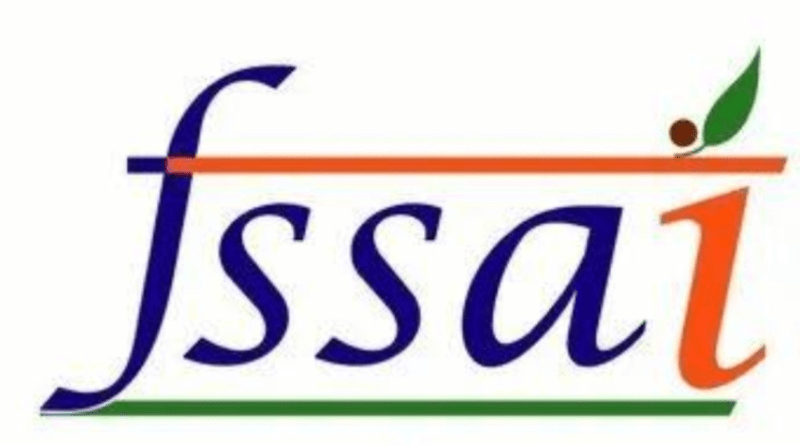The Food Authority of India now initiates measures that you need to know to prevent food adulteration.
In order to further protect public health, the food regulation authority is reiterating its commitment to ensuring the integrity of the food supply chain.
In India, food adulteration has been a big problem. We occasionally read about stories of people who have health problems after consuming food that has been tainted in some way.
The Food Safety and Standards Authority of India (FSSAI) has lately started programs to identify and manage food adulteration as a response to the problem. As per an ANI report, the food regulatory body is reiterating its dedication to upholding the food supply chain’s integrity, hence augmenting the protection of public health.
A “Detect Adulteration with Rapid Test (DART) Book” was released by the FSSAI website, which helps customers recognize common food adulterants in everyday objects.
Fifty simple tests covering items from various categories, such as milk, oil, sugar, and spices, are included in the manual.
These brief assessments include simple-to-follow guidelines and visual aids to aid in comprehension. “These initiatives aim to empower consumers, enhance surveillance, and raise awareness about food safety across the country,” according to the report.
FSSAI Initiative 2: In addition, the organization has started the “Food Safety on Wheels” (FSW) program, which will provide mobile food testing labs equipped with the necessary tools for qualitative testing that can be done immediately.
In public events, educational institutions, outlying regions, and consumer groups, these vehicles will make their rounds “conducting quick tests for specific adulterants in commonly consumed food items like ghee, milk, sweets, and spices,” the report said.
FSSAI Initiative 3: In addition, the food regulatory organization has developed the “Food Safety Magic Box,” a food safety testing tool for students in schools. With the help of the manual in this portable box, students will be able to conduct over 100 simple tests to identify contamination in a variety of food products.
According to the paper, “This assessment will aid in raising awareness.”Speaking about these programs, FFSAI officials say that by raising awareness, they want to successfully fight food adulteration nationwide. In addition, it gives customers the ability to choose what they consume with knowledge.




